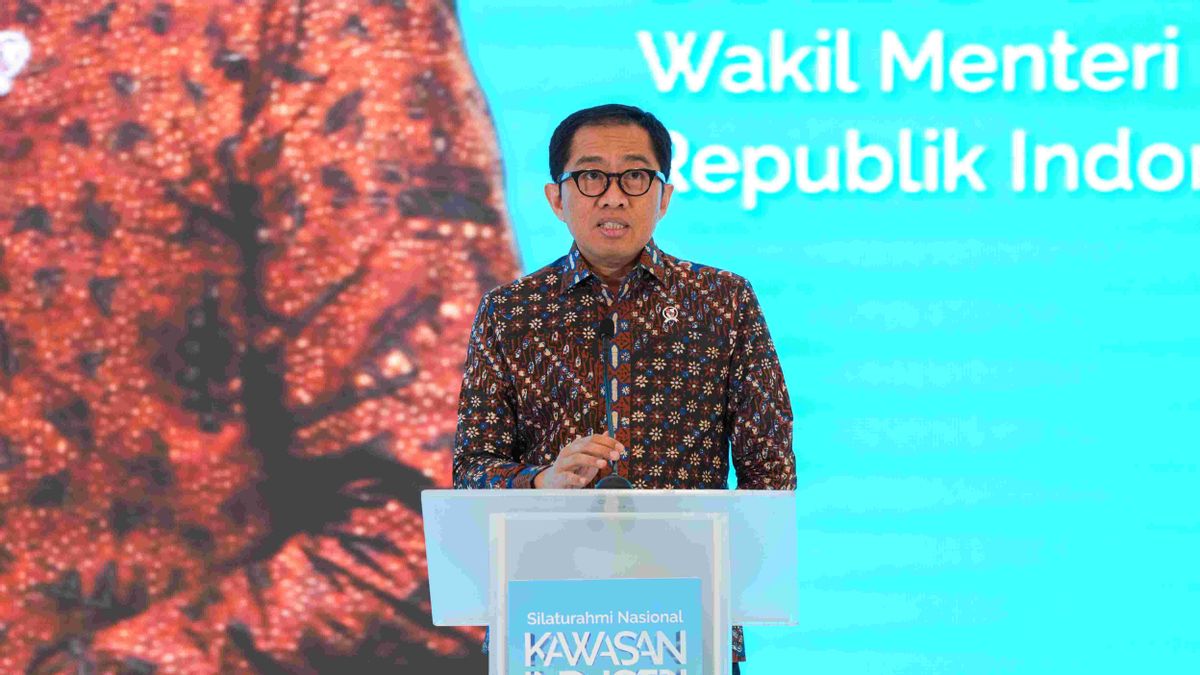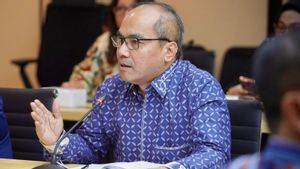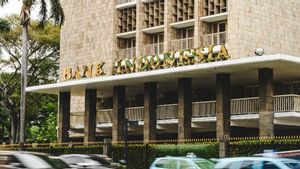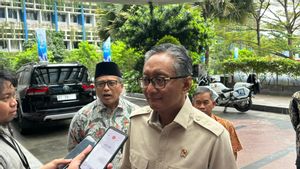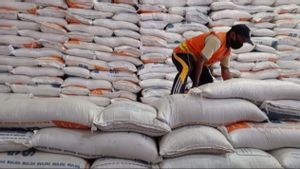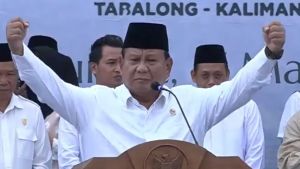Deputy Minister of Industry (Wamenperin) Faisol Riza said, by strengthening the competitiveness of domestic industrial estates, he would directly accelerate economic growth by 8 percent in 2029.
Faisol said this was because the non-oil and gas processing industry (manufacturing) remained the backbone of the Indonesian economy.
Throughout 2024, for example, manufacturing is still the largest contributor to national GDP, which is 17.16 percent with a growth rate of 4.75 percent and provides the highest tax revenue of up to 25.84 percent.
By strengthening the competitiveness of industrial estates, Faisol assessed that later it could increase domestic manufacturing contribution to the GDP ratio, thus helping Indonesia out of the middle income trap.
"Currently, we have 168 industrial areas operating. We need to ensure competitiveness and investment continues to increase in order to achieve the 8 percent economic growth target by 2029," said Faisol in an official statement quoted on Friday, March 21.
The Director General of Resilience, Region and International Industrial Access (KPAII) of the Ministry of Industry, Tri Supondy, stated that his party had prepared strategic policies to strengthen the competitiveness of industrial estates.
As in the 2025-2029 RPJMN, the assumption of the GDP value of the non-oil and gas processing industry in 2024 is 5.3 percent, so it is targeted that the GDP growth of the non-oil and gas processing industry can increase gradually in the next five years which is targeted to achieve growth of 8.59 percent.
"In the next five years, industrial estates will become new centers of growth that are integrated with priority industries based on downstreaming and high technology," he said.
SEE ALSO:
Meanwhile, General Chairperson of the Association of Industrial Estates (HKI) Sanny Iskandar explained, in order to accelerate the realization of competitive industrial areas, strong partnerships are needed between the government, manufacturing entrepreneurs and the financial sector.
According to him, industrial estates as homes for the manufacturing industry need legal certainty (reformation of regulations and bureaucracy), infrastructure development in the region, policies to support skilled workers through vocational education in industrial areas, security and industrial order that affect the investment climate as well as fiscal and non-fiscal incentives.
The English, Chinese, Japanese, Arabic, and French versions are automatically generated by the AI. So there may still be inaccuracies in translating, please always see Indonesian as our main language. (system supported by DigitalSiber.id)
